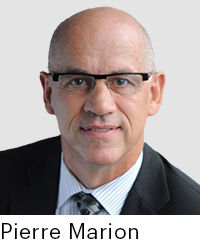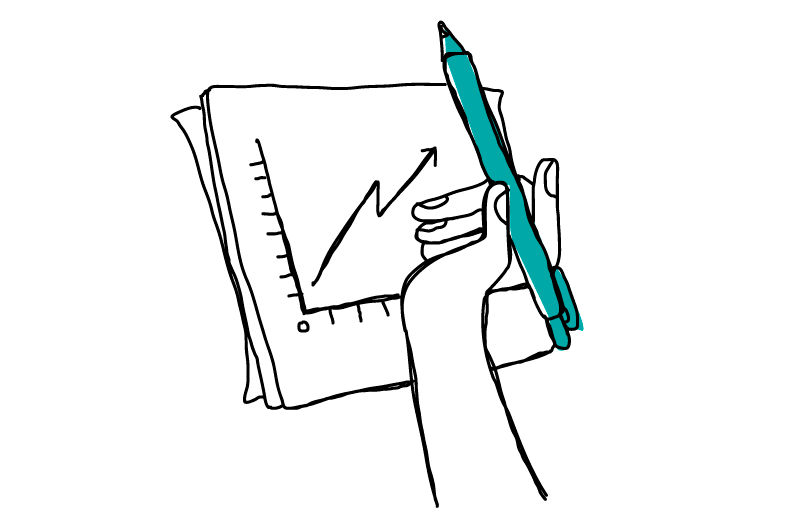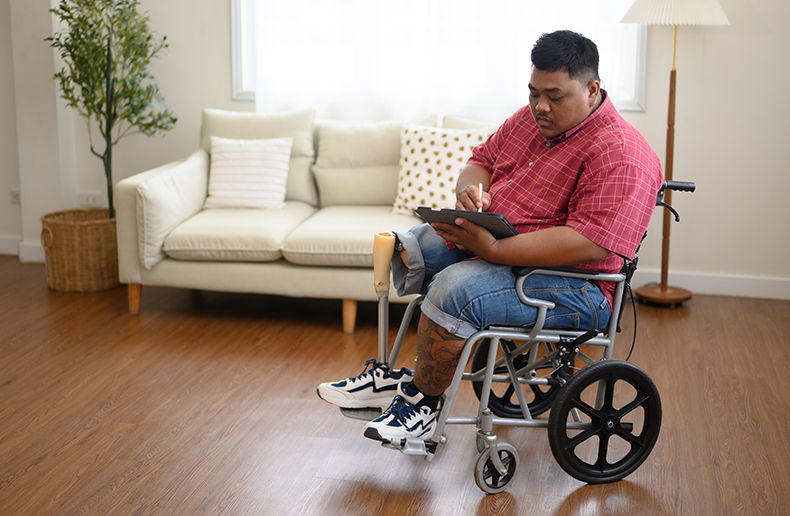
Pierre Marion, Regional Vice-President of Business Development for Medavie Blue Cross, will be retiring in the second half of 2022 after dedicating over three decades to the specialized group insurance provider.
Marion joined Medavie Blue Cross in 1989 as a market manager. He assumed his current position of Regional VP in 2018. To ease the transition with his successors, he will stay on part-time for the next six months. “Two days a week,” he says.
This prominent actor in the distribution network is known for publicly advocating for group insurance and social issues. Marion has given talks at more than one edition of the Congrès de l'assurance de personnes, and at the Congrès Collectif 2021, two events organized by Insurance Journal.
At the March 2021 group convention, he spoke about connected health. He said that digital consultation provides an opportunity to raise awareness of emerging treatments in online mental health such as cognitive behavioral therapy.
Pandemic pressure
Pierre Marion says he has enjoyed working with his team on the designand distribution of group plans. Even so, he felt the time was ripe for succession planning. “Frankly, the pandemic probably accelerated my decision. Spending seven to eight hours a day in front of my screen didn't jibe with my idea of the job description over the long term.”
At 66, Marion is now contemplating the next few years. He jokingly recounts his friends’ comment: “If you'd rather have lunchwith your colleagues than come skiing with us on a Tuesday morning, we understand...” That line made him think even harder.
Regarding succession, the man who has hired almost all of his current team members says “we have super skilled people who will be able to take on responsibilities, continue and even improve upon what we have.”
More flexible plans
As he prepares to take his final bows, Pierre Marion notes that his industry is progressing. “There have been a huge number of advances in group insurance,” he says. He gives the example of plan design, which has become more flexible.
In addition, employers now have a wide range of solutions to support their employees’ health management. “They now realize how important it is to equip employees to manage their overall mental health,” he says.
Marion also mentions the technology developed to facilitate transactions, not only in claims but also to enhance digital health services. Disability management and support for people affected has also advanced significantly, he says. “The industry has focussed on things that employers are concerned about in terms of their employees’ health, particularly in mental health.”
Pride
Marion is leaving with a sense of pride about everything that his organization has accomplished. The results speak for themselves, as do the new partnerships. He says he has taken full advantage of opportunities to speak publicly: “It was important for me to make a contribution to improving the industry, to participate in public forums and discussions that can improve the group insurance industry.”
One goal will remain crucial after he leaves: Group insurers must nurture the health of their clients’ employees. “The insurer is not responsible for the workers’ health, but it is responsible for providing tools to let workers manage and take charge of their health. That's the ultimate goal! We must offer them ample education and communication to achieve this,” Marion says.
Health tools pay off
Plan costs will always be a concern, Marion continues. “There has been great emphasis on cost management in group insurance. But we need to make sure that every dollar put into a plan pays off in the end.” He thinks about the effectiveness that stems from a tool that allows employees to manage their health: “A happier, better performing, more engaged employee will have many positive impacts on the organization.”
What do these solutions actually do? “We are seeing more and more understanding and acceptance of the importance of equipping employees. In mental health, a growing number of employers are offering additional services and larger allowable amounts to allow employees to manage their stress.”
Value-added consulting
The role of the insurer and the group insurance advisor will be to provide more value, not just to respond to requests to control costs, Pierre Marion adds. He thinks it is even more important to propose solutions to employers that are likely to interest them, given the added value they will create. As Henry Ford said at the beginning of the 20th century, “If I had asked people what they wanted, they would have said faster horses,” Marion says, adding that “Ford didn't make faster horses, he popularized the automobile!”
Specifically, group insurance advisors should try to determine what added value they bring the employer. They should ask the client “What is the objective of your group insurance plan?” Is the client implementing a plan just to follow the herd or to help employees achieve better health? Marion mentions that there are thousands of mental health support applications on the market. Which one would work best for the employer and its employees? “Only the advisor can help the employer choose the right ones,” he says.
Rethinking work
The pandemic is spawning an extraordinary opportunity: Businesses can now review the entire organization of work, Pierre Marion says. “All companies currently have problems with employee recruitment, commitment and retention. Turnover today is unprecedented.”
Employers should team up with employees to redesign the organization of work. This will ensure sustainable recruitment. “No one will return to the office full time. A new organization will be put in place and a balance will be established. At first, everyone applauded telecommuting, happy to avoid traffic jams and cut down on expenses. Then people started to feel the pressure of working remotely and got fatigue from staring at the screen all day,” Marion says.
“To be effective, you have to be effective for a long time, and to be effective for a long time, you have to take a break once in a while,” Marion told his colleagues more than once. Employees are facing demands to be very resilient, he continues. “They've been asked to adapt. Organizations will also have to be resilient and adapt to new conditions that will allow them to be effective,” he says.















